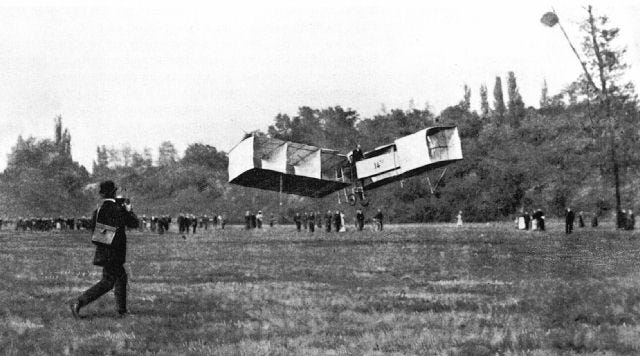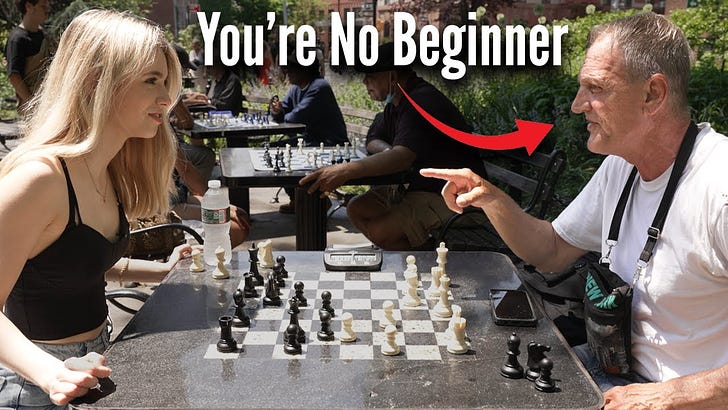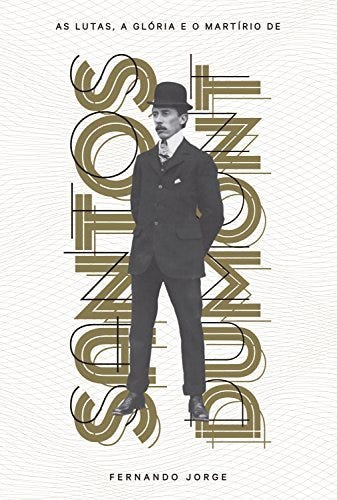Book Club #0
I've been meaning to do something like this regularly since I first saw it on Brendan Leonard's Semi-Rad Email List a couple of years ago — let's give it a try!
In Brendan’s own words, Semi-Rad.com is “a channel for those of us who aren’t elite climbers, skiers, ultrarunners, and alpinists — the folks who love to get out there, but maybe don’t take it too seriously.” I stopped following it because I was jealous of his success doing something I felt like I’d been failing miserably at trying. Don’t be fooled by my emotional immaturity — Semi-rad.com is excellent! And his Friday Inspiration posts are a much-needed counterpoint to today’s prevalent algorithms.
“Counterpoint” is the operative word, though! For it was, ironically, an algorithm that took me to this video of some Anna Cramling (whom I didn’t know) playing chess (which I don’t play) with Johnny, a fascinating and talkative regular at Washington Square Park (New York City) — their refreshing conversation has surprisingly little to do with chess!
Are you a Narrative or a non-Narrative? I started reading "I am not a story” convinced I must be a non-Narrative, and finished leaning Narrative. That surprised me the most because I don't hold strong identities many people hold dear to them, such as gender or nationality.
Even Effective Altruism, possibly the closest I've ever got to feeling comfortable embracing a community, keeps getting challenged in unexpected ways, such as this criticism of Utilitarianism and defense of Virtue Ethics on the Other Life Podcast: “To maximize the greatest good to the greatest number of people implies that those are not agents.”
Hm . . . To be clear, Effective Altruism doesn't prescribe Utilitarianism — nor should Virtue Ethics be incompatible with consequentialism, as the guest seems to imply. Still, the EA movement disproportionately attracts utilitarians1 — if its counterfactual contribution to shaping the future is profoundly misguided in ways the community itself might not be able to correct, that's cause for concern.”There's no planet B” makes a great point that Earth is pretty much all we got — there's nowhere else where resettling wouldn't be at least orders of magnitude more complicated than figuring out a sustainable lifestyle in the ecosystem we coevolved with.
It also got me thinking that humans might have been working to “terraform” Earth largely to our detriment. One measure of that is that anthropogenic catastrophic risks that arose in the past couple of centuries are orders of magnitude higher than the natural ones we had to deal with before.2
I'm currently reading As lutas, a glória e o martírio de Santos Dumont,3 who was the first to fly, at least in public, a heavier-than-air device that took off on its own power. It's the third or fourth biography I've read so far of the inventor.
I've long admired Alberto Santos Dumont — I've even used him as an example in one of my presentations.
He didn't care much about standards. He was a lot more of a tinkerer than an engineer — of course, piano strings weren't designed for airplane construction; after all, airplanes didn't exist yet! Piano strings just happened to be the most robust cables he could find — that's what he needed, it was worth a try, and it worked.
I've also appreciated that Santos Dumont manned all his inventions, knowing and experiencing the danger firsthand. Almost all his prototypes eventually crashed. He had little “flight theory” to refer to, if any, and I've admired his courage to learn from doing and his confidence in the process. Ironically, he died by suicide about a decade after his last ascension.


The guy had plenty and was well aware of it — getting richer still was never his intention. He won several prizes throughout his career, and the money was always split between his mechanics and the poor people of Paris.
And I've enjoyed reading about his many eccentricities, such as dining at an elevated table so that he could get used to the heights — there's a lot more where that came from.
All in all, Alberto Santos Dumont is a person worth knowing about. I believe this book has not been translated into English, but there should be good enough biographies of him available in many other languages besides Portuguese.
How about you?
Have you read, watched, or listened to anything interesting you'd like to share lately? Feel welcome to post them in the comments below :-)
See The Precipice, by Toby Ord, especially Part Two
The title of the book roughly translates into “The struggle, recognition, and martyrdom of Santos Dumont”




